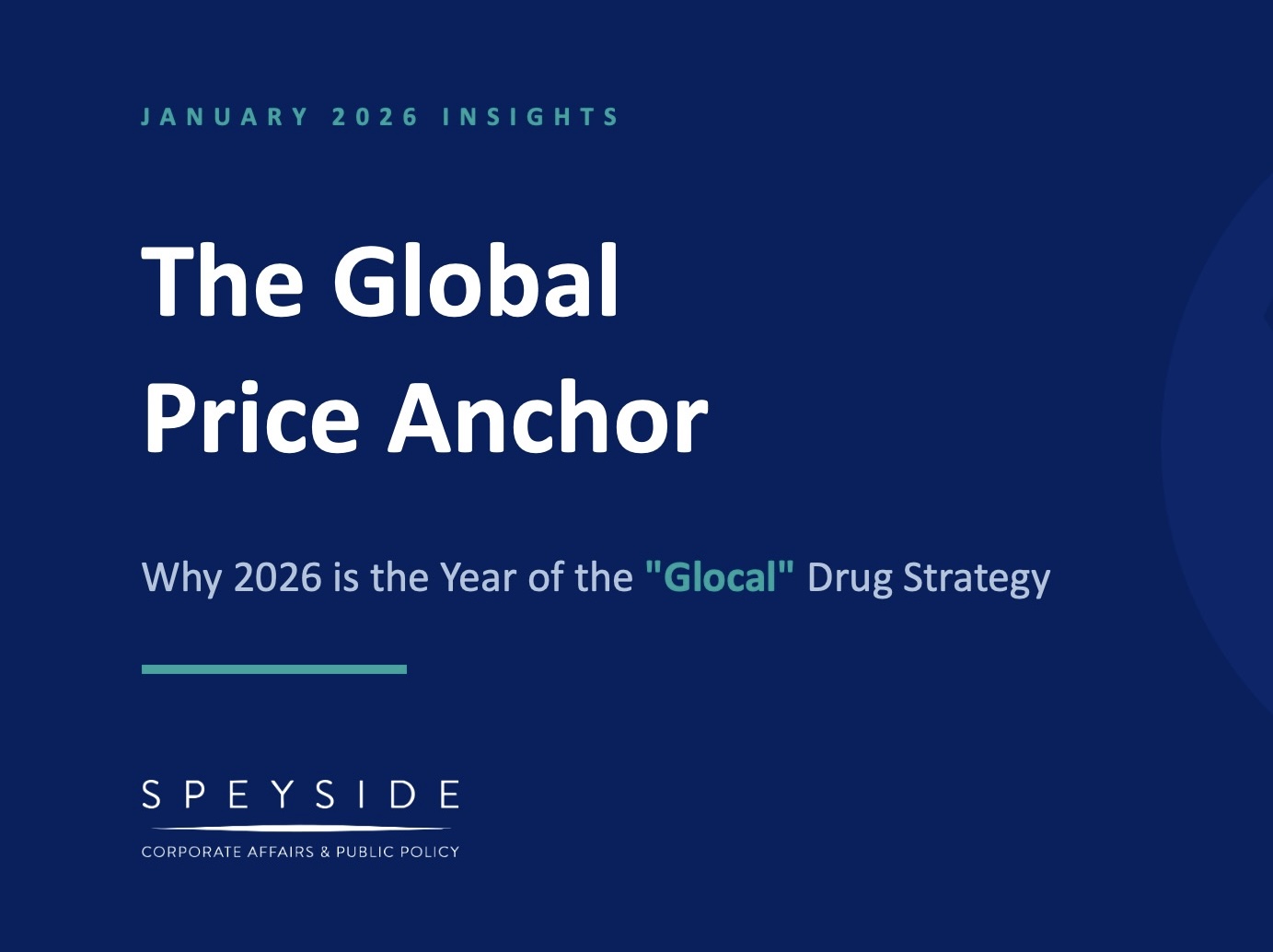A time to unlock the potential of collaboration to tackle health challenges

The next two years are key to advance in key healthcare topics: budget restrictions that don’t cover the needed investment in workforce, infrastructure and care solutions; climate change impact on health; increased socioeconomic burden of chronic conditions with an ageing population; health inequalities and inequity across the globe. The traditional siloed approach to healthcare policy is no longer adequate to address all of these complex issues. Instead, a holistic and multidisciplinary approach that encompasses the interconnectedness of healthcare with other sectors is essential.
Rising cost prompt governments to explore and implement measures to enhance healthcare affordability for their populations but also to prevent disease so health risks are not materialized. This is the reason why, for example, health authorities in emerging markets constantly call for the implementation of a preventive approach and the strengthening of primary care but struggle to implement effective measures.
National governments are increasingly questioning the value of innovative therapies but are also failing to alleviate the pressure that regulatory authorities create with the backlog of pending processes and the impact of restricted investment in health to their population wellbeing . There is a need to activate National Regulatory Authorities more fiercely on their role in the accessibility of healthcare. The COVID-19 pandemic has catalyzed movements towards improving regulatory harmonization and reliance mechanisms, and we are likely to see progress on these fronts in the next two years.
Amid increased discussions and collaboration on health at global level in platforms such as G20, G7, WEF and COP, while local forums are also boosting, this is definitely the time to unlock the potential of collaboration to tackle health challenges.
Our 2024-2025 Emerging Markets Healthcare Outlook provides information on:
- How healthcare costs, pricing controls on pharmaceuticals and medical technologies are gaining traction in emerging markets
- How Governments are implementing measures to regulate drug prices and negotiate better deals with pharmaceutical companies
- What is happening in the realm of intellectual property (IP)
- “Nearshoring” tendencies after the COVID-19 pandemic
- Budget controls from Finance and Planning Ministries and other pressures from payers and entities
- Compliance and climate change reduction
Read our full Healthcare Outlook for Emerging Markets
Conclusion
To meet urgent healthcare challenges, emerging markets must move beyond fragmented policies and embrace coordinated action. Strengthening regulation, investing in primary care, and fostering global and local collaboration will be essential to ensure equitable, accessible, and sustainable healthcare systems by 2025 and beyond.




